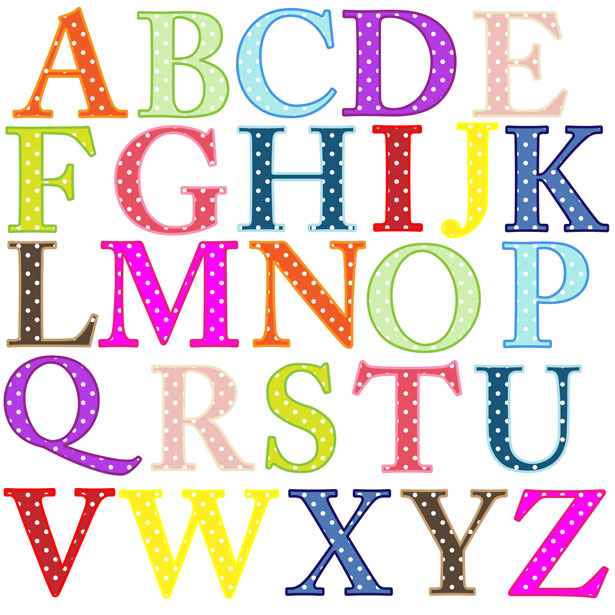 Ever since I was a little kid, spelling has always been an issue for me. When I was in elementary school we would always have a spelling test every week, and my parents would have to work with me on those words throughout the entire week for me to do well on my test. I remember my parents constantly quizzing me on my spelling words, and I can even remember having issues with some of the words. The word that I had the hardest time with was "picnic." Now it seems silly, but at the time it was a big challenge for me.
Ever since I was a little kid, spelling has always been an issue for me. When I was in elementary school we would always have a spelling test every week, and my parents would have to work with me on those words throughout the entire week for me to do well on my test. I remember my parents constantly quizzing me on my spelling words, and I can even remember having issues with some of the words. The word that I had the hardest time with was "picnic." Now it seems silly, but at the time it was a big challenge for me.
With this entire experience in mind, I really like the idea of teaching kids spelling through word games and showing them how some words have similar patterns or rhyming sounds. It allows the kids to get a better understanding of how different words are related to each other, and that can help them with their spelling when they come across a word they don't know but see that it is similar to a word that they do know. I think that I might have benefited from this kind of spelling instruction more than just having a list of words that I had to memorize for a test at the end of the week.
Is spelling just memorization, or is it also using previous knowledge of sounds, letter groups, and words?
What are some other ways to help kids who struggle with spelling?
Here is a link that contains a list of some spelling words that can serve as basic words for students to learn in order to broaden their spelling knowledge.
http://lrs.ed.uiuc.edu/students/rtrieger/490i/niftyfifty.htm
picture from: https://www.google.com/url?sa=i&rct=j&q=&esrc=s&source=images&cd=&cad=rja&docid=KIO4qPbSGQ1-9M&tbnid=ilfyY7bIm0dUuM:&ved=0CAUQjRw&url=http%3A%2F%2Fwww.whsd.org%2Fpage.cfm%3Fp%3D3239&ei=6O9IUsbVAoSa9gSt5YGQDg&bvm=bv.53217764,d.eWU&psig=AFQjCNHouM9GFTJjWWTFCPyrI7DEZzFk0Q&ust=1380598092138934

